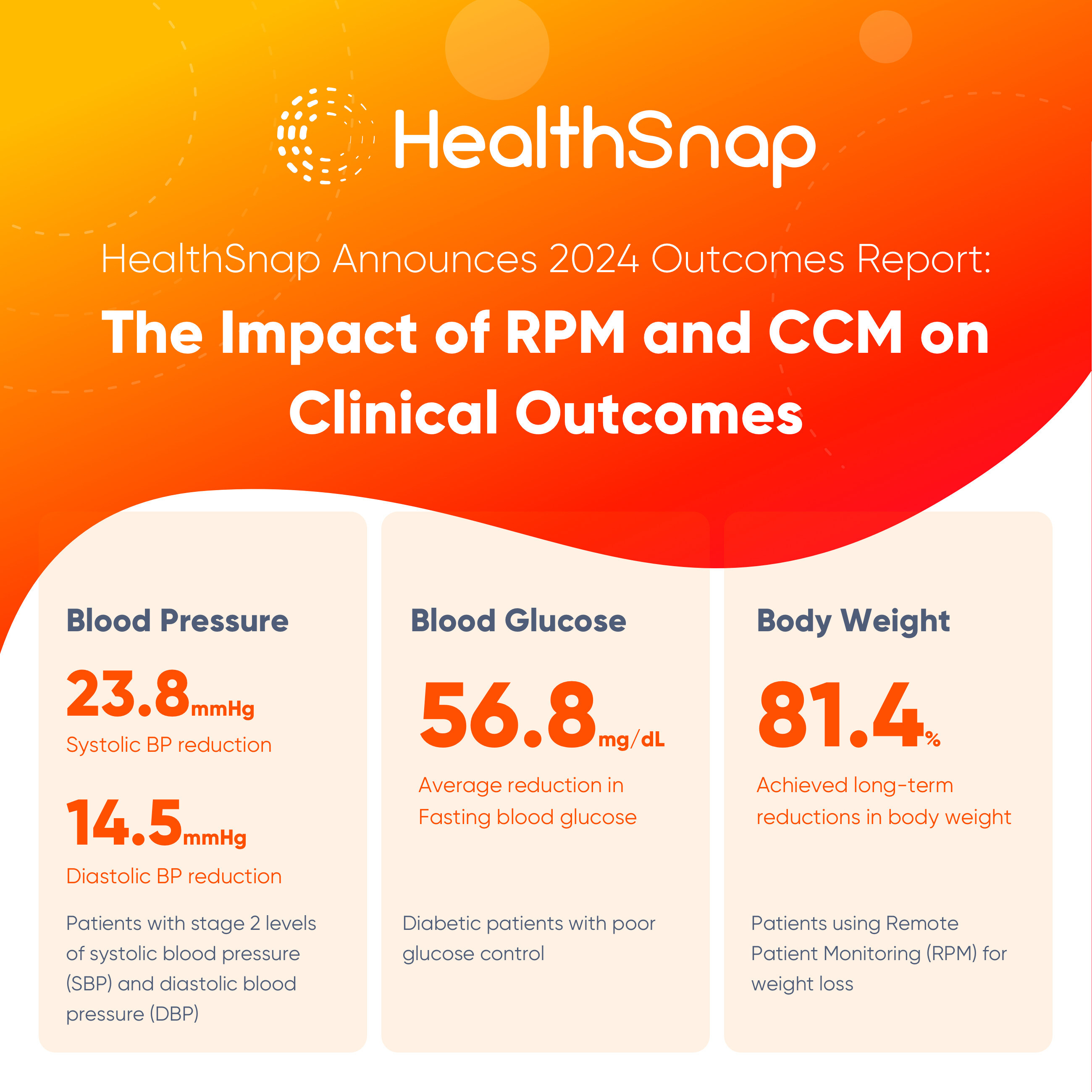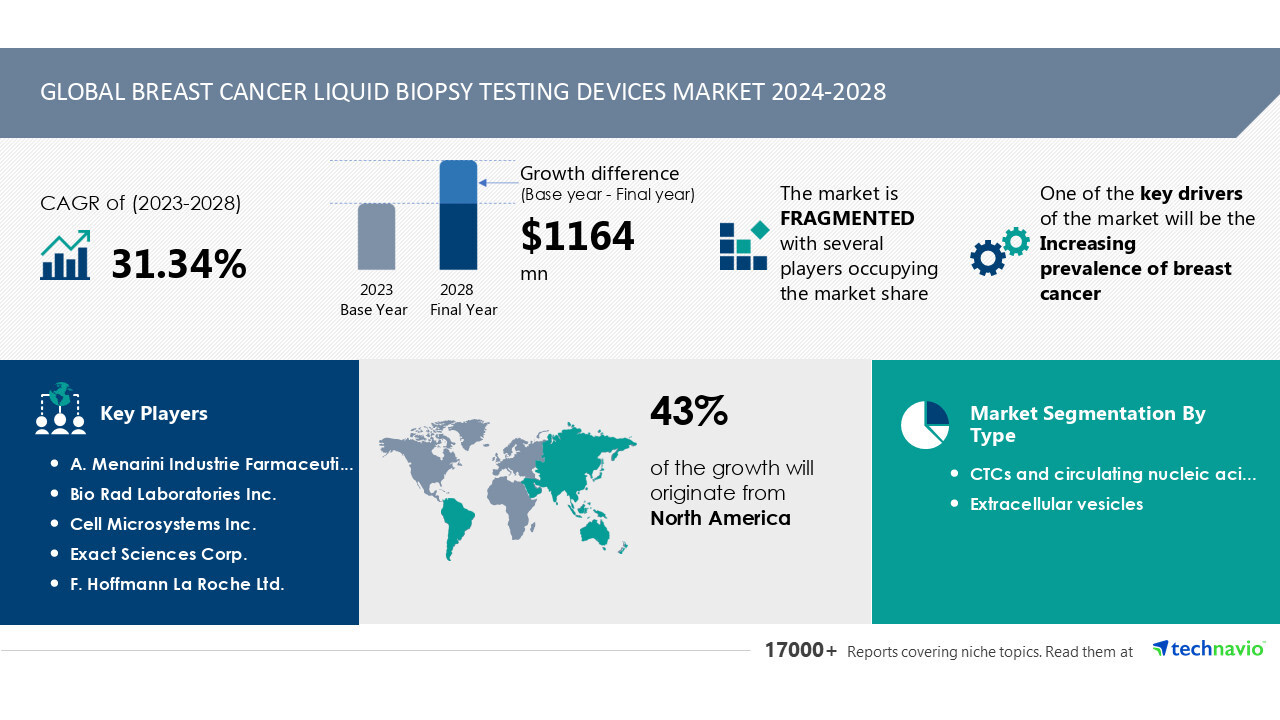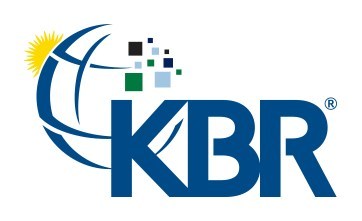With over 100,000 actively monitored RPM and CCM patients, HealthSnap releases new report demonstrating significant improvements in clinical outcomes across hypertension, obesity, and type II diabetes.
MIAMI, July 31, 2024 -- HealthSnap, a leading virtual care management company that currently partners with over 150 health systems and provider organizations nationwide, today announced the findings of its 2024 Clinical Outcomes Report. It highlights the impact of integrated Remote Patient Monitoring (RPM) and Chronic Care Management (CCM) on hypertension, obesity, and type II diabetes management.
The study evaluated aggregate, de-identified health data for 41,940 patients from HealthSnap's RPM portals tailored by use case. It required inclusion criteria of at least 90 days on the program and a data transmission rate of at least 50%. The findings demonstrate significant improvements in clinical outcomes when RPM and CCM is administered as a comprehensive program for chronic condition management, including:
- Blood Pressure Improvements:
- Over 80% of hypertensive patients lowered their blood pressure compared to baseline
- Patients with Stage 2 levels of systolic blood pressure (SBP) and diastolic blood pressure (DBP) saw the following reductions:
- SBP reduction of 23.8 mmHg
- DBP reduction of 14.5 mmHg
- Blood Glucose Control:
- Type II diabetic patients experienced a 16.5 mg/dL reduction in fasting blood glucose
- Severe hyperglycemic patients (≥180 mg/dL) had a 56.8 mg/dL reduction
- Compared to the 40-60 mg/dL reduction seen with common non-insulin medications like Metformin and GLP-1 agonists
- Weight Loss:
- Among patients using Remote Patient Monitoring (RPM) for weight loss, 81.4% achieved long-term reductions in body weight
These improvements have been shown to profoundly affect overall patient health, including reduced chronic disease risks, fewer emergency room visits and hospitalizations, improved A1c levels, and help to prevent hypertension and diabetes-related damage to eyes and kidneys. HealthSnap's virtual care management programs also help to make comprehensive care possible for more patients by bridging gaps in healthcare accessibility and equity.
"The findings of the first HealthSnap Clinical Outcomes Report show a correlation between patient engagement through ongoing data transmission and significant clinical improvements across hypertension management, blood glucose control, and weight management," said Wesley Smith, Ph.D., HealthSnap's Co-Founder and Chief Scientific Officer. "We are proud to share our findings, which advocate for the expanded use and adoption of Remote Patient Monitoring and Chronic Care Management programs to improve healthcare outcomes and access for patients living with chronic conditions."
To date, the most well-known use case for Remote Patient Monitoring has been applied to hypertension management. A meta-analysis published in The Lancet in 2021 revealed that even a modest reduction of 5 mmHg in systolic blood pressure can lead to a significant 10% decrease in serious cardiovascular events. HealthSnap's report findings show an average decrease in SBP of more than 4x that amount, underscoring the meaningful potential for broad adoption of virtual care management programs, like HealthSnap's, as a preventive measure for hypertension-related health conditions. As noted in the study, additional common chronic conditions also show promising improvements when RPM programs are implemented.
HealthSnap is powering a new paradigm in chronic condition management that shifts the patient chronic care delivery paradigm from one that is reactive and delivered in the clinic to a model that is continuous and delivered in the home. As a result, patients are experiencing more proactive and personalized care, leading to improvements in outcomes and accelerated adoption by healthcare providers across the country. In the last several years, HealthSnap has announced partnerships with UnityPoint Health, Prisma Health, Mount Sinai Medical Center, Luminis Health, Tampa General Hospital, University of South Florida, and Virginia Cardiovascular Specialists, among others, and currently has active partnerships in 33 states.
"We found that by keeping people out of the emergency room, by keeping them out of the hospital, providing them with quicker access to the primary care or specialist office should their condition deteriorate – that HealthSnap RPM and CCM does decrease the total cost of care and increase quality and experience for our patients," said Bill Gerard, MD, EVP, Value Based Care & Clinical Integration at Prisma Health, and CEO of inVio Health Network.
To read the full report, please visit: HealthSnap 2024 Clinical Outcomes Report.
ABOUT HEALTHSNAP
HealthSnap is an integrated virtual care management platform that helps healthcare organizations improve patient outcomes, reduce utilization, and diversify revenue streams. From chronic disease-agnostic Remote Patient Monitoring (RPM), Chronic Care Management (CCM), and Principal Care Management (PCM) to AI-guided care coordination, virtual care delivery, patented billing tools, population analytics – and so much more, HealthSnap is the simplest way to manage chronic conditions remotely.
HealthSnap partners with 150+ health systems and provider organizations across 33 states and has remotely monitored and managed over 100,000 patients. Visit www.healthsnap.io or follow us on LinkedIn for more information.
HealthSnap
This News is brought to you by Qube Mark, your trusted source for the latest updates and insights in marketing technology. Stay tuned for more groundbreaking innovations in the world of technology.









